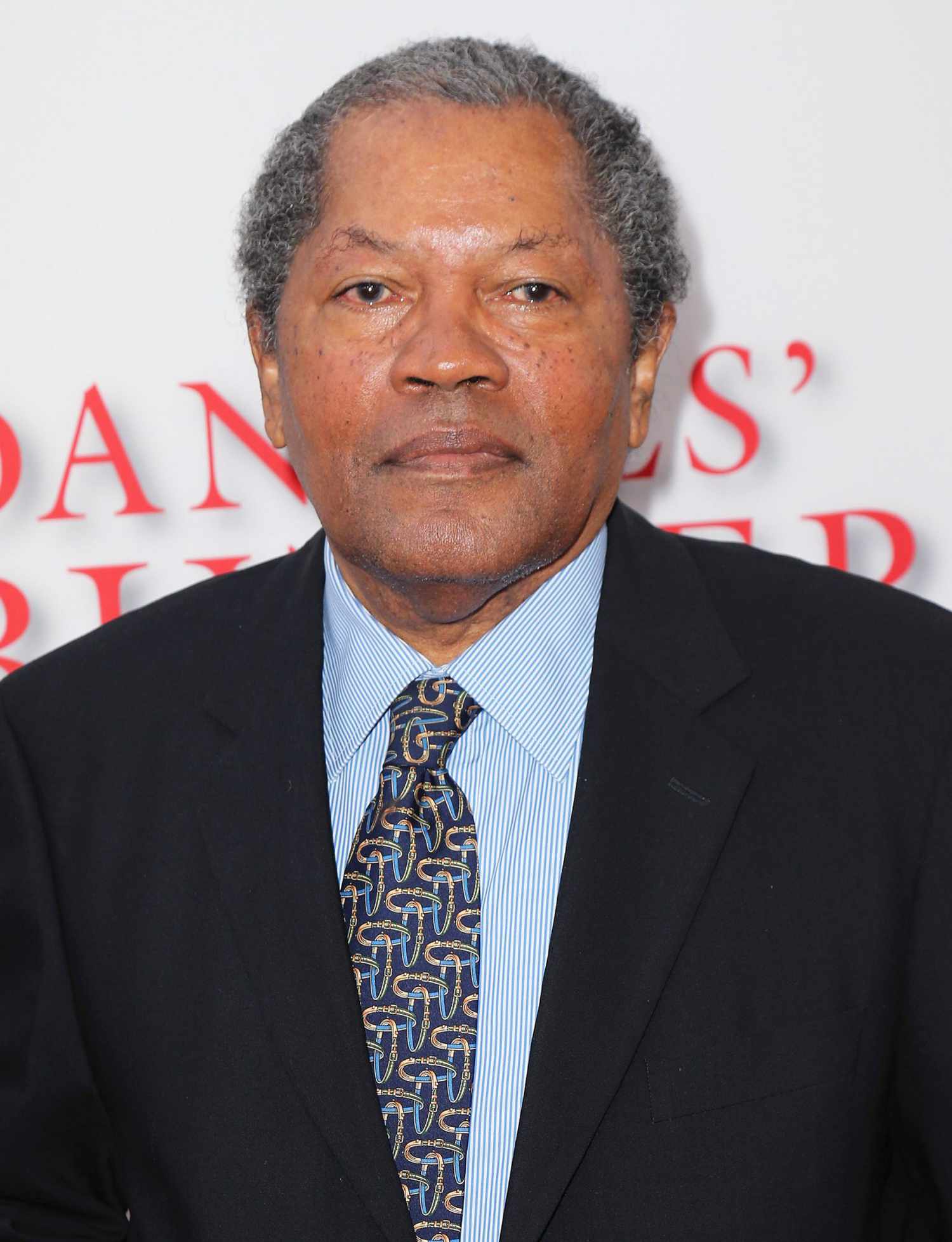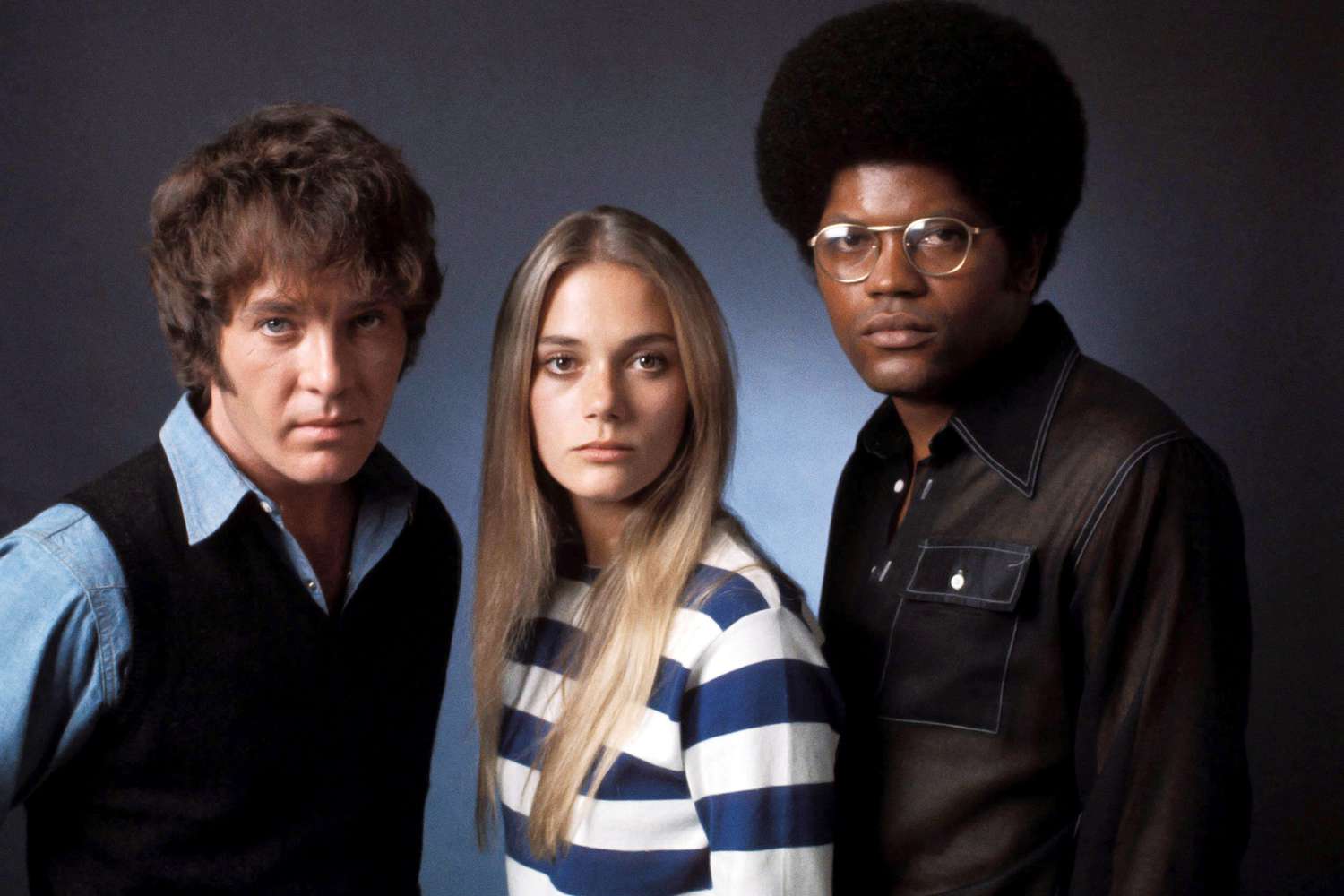Clarence Williams III, The Mod Squad Actor, Dead at 81
The actor died at his home in Los Angeles on Friday
By Dory Jackson
June 07, 2021

CREDIT: DAVID LIVINGSTON/GETTY
Clarence Williams III, best known for his role on The Mod Squad, has died after a battle with colon cancer. He was 81.
Williams' manager, Peg Donegan, confirmed to PEOPLE that the actor died at his home in Los Angeles on Friday. He is survived by his sister, Sondra Pugh, daughter, Jamey Phillips, niece, Suyin Shaw, grandnephews Elliot Shaw and Ese Shaw and grandniece Azaria Verdin, according to a statement obtained by CNN.
On Twitter, fans and stars alike paid tribute to Williams, including Leslie Jones, who tweeted about the time she got to meet him.
"When I heard Clarence Williams III had passed, I rem [sic] the night I met him at Dan Tanas in the summer of 1997," wrote the Coming 2 America actress, 53. "I ask [sic] for a pic with my disposal camera. He took the camera and directed every one of these pics! He was one of the nicest people I ever met. And very funny! RIP & TY #ICON."
Lenny Kravitz shared how he looked up to Williams while growing up. "When I was a kid growing up in NYC, Clarence Williams III was a face on TV that I identified with and that inspired me," he tweeted. "From the Mod Squad, to Purple Rain and Sugar Hill, he always performed with dynamic energy. Rest in power, king."
In actor Reggie Watkins' tweet, he raved about how Williams was "AMAZING IN EVERYTHING he appeared in, urging his followers to "watch [Clarence] in Sugar Hill, Half Baked, and Purple Rain!"
When I was a kid growing up in NYC Clarence Williams III was a face on TV that I identified with and that inspired me. From the Mod Squad, to Purple Rain and Sugar Hill, he always performed with dynamic energy. Rest in power, king ✊🏾 pic.twitter.com/GIZLSjp4uV— Lenny Kravitz (@LennyKravitz) June 6, 2021
Williams played Lincoln "Linc" Hayes on the crime drama series The Mod Squad from 1968 to 1973. His other TV credits include appearances on Mystery Woman, American Dragon: Jake Long, Judging Amy, Empire and Everybody Hates Chris. He also landed roles in several movies, including Purple Rain (he played Prince's father), The Butler and Reindeer Games.

CREDIT: NBCU PHOTO BANK/NBCUNIVERSAL VIA GETTY
Williams' final on-screen role was in the 2018 movie American Nightmares, starring Danny Trejo.
Williams was previously married to Gloria Foster from 1967 to 1984. The actress, best known for playing Oracle in The Matrix franchise, died in 2001.
MOD SQUAD WAS CUTTING EDGE TV FOR HAVING A DIVERSE TRIO OF PROTAGONISTS
 Mod Squad (TV Series 1968–1973) - IMDb
Mod Squad (TV Series 1968–1973) - IMDb
 The Mod Squad - Wikipedia
The Mod Squad - Wikipedia
The term "Mod Squad" was introduced the previous year in Dragnet 1967, episode 16 "The Big Kids", where it describes a club of high schoolers who must shoplift at least $20 to become members.
The Mod Squad is referenced by the Thing in "Chapter Three: Through The Negative Zone!" of Deadpool(vol. 4) #20: "'Hey, who wants a clobbering? I'm watching The Mod Squad." An additional editor's note was attached to the reference which explained, "**Ed's Note: The Mod Squad was a popular TV show. TV wa…




 © CBC
© CBC













